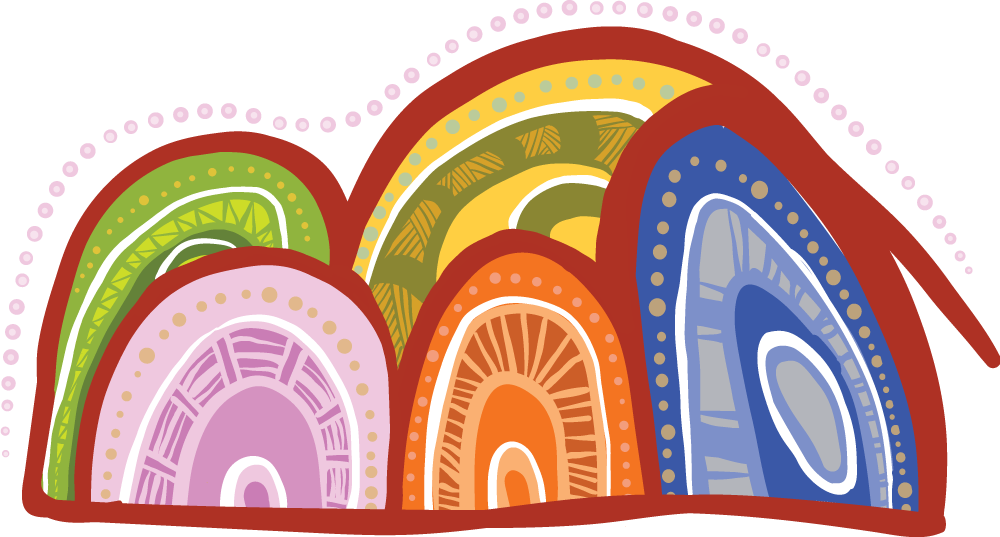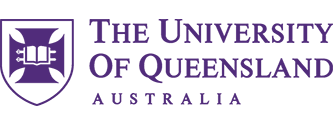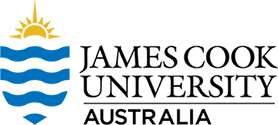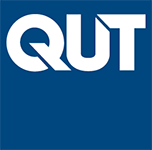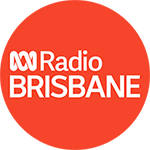Deadly Coders is an Indigenous-led charity dedicated to increasing Indigenous representation in technology and digital industries. Their flagship initiative, Deadly Coders Academy, creates pathways into the tech industry for Indigenous students and job seekers. It provides hands-on learning programs that develop practical skills in software engineering and cyber security, aiming to address Australia’s critical skills shortage and improve diversity.
The academy has successfully connected Indigenous talent with major Australian companies, facilitating entry into traineeship programs and securing meaningful employment in high-demand tech fields. By focusing on critical skills shortages such as cyber security and software engineering, Deadly Coders has addressed the industry’s needs and played a key role in promoting long-term diversity, equity and inclusion within the tech sector.
